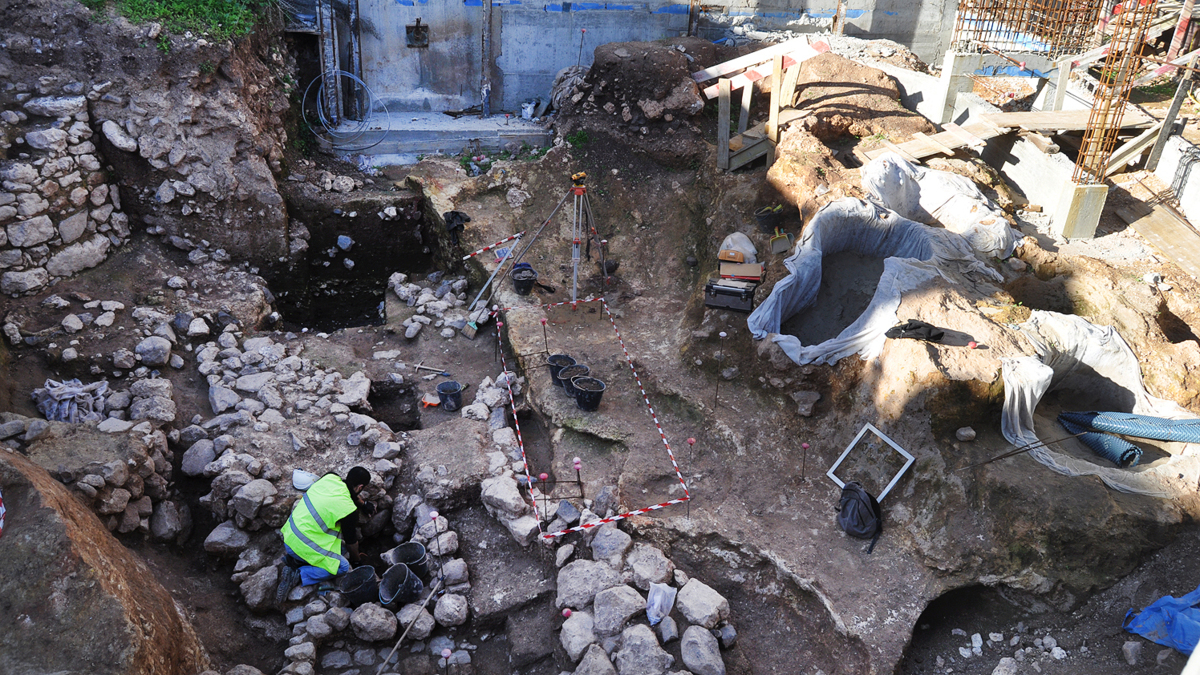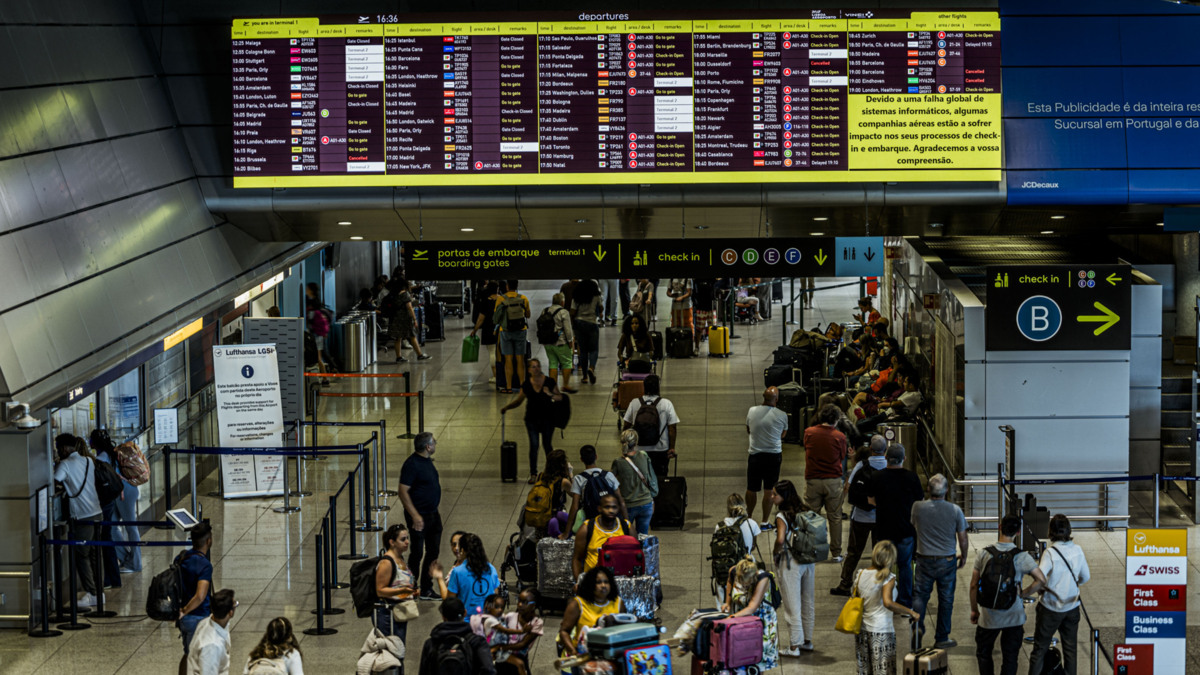The Unseen Backbone of Lisbon
In Lisbon, there's a preference for planting gardens over digging tunnels. One wins votes; the other saves the city, silently. Creating gardens is a visible, friendly, and politically rewarding decision—welcome in this case. But while the focus is on what's seen, it's crucial not to overlook what truly sustains the city: the drainage system, finally under construction after years of delays.
For years, this was ignored. The previous municipal council of Lisbon, aware of the urgency, lacked the courage to address it. They had a ready, adjudicated project but let it fall by the wayside. Why? Because it doesn't win votes. Drainage work is disruptive, and once done, it's invisible—no inauguration photos for the news, no flowers to plant. Just tunnels, conduits, and systems that protect the city quietly.
That's why it's important to acknowledge that the current administration had the courage to revive this project and push forward with a difficult, unpopular, but absolutely necessary endeavor. When completed, it will enable more effective city drainage, create water reserves for irrigating gardens and parks, and reduce the municipal water bill—all without glamour, but with vital importance for Lisbon's urban health.
Meanwhile, in other parts of the city, past decisions have taken the opposite approach. For instance, a cruise terminal was built in a location with devastating impacts on the landscape and vulnerable populations. In Alfama, buildings over ten stories high now block the view of the Tagus River, the only asset for many homes. Who does this serve? The city or private interests disguised as progress?
The truth is, Lisbon didn't need that terminal in that spot. It wasn't the city but Greater Lisbon that required new container infrastructure, with an obvious solution at Lisnave—offering a sheltered port, available space, and minimal impact on the historic landscape. But that option didn't suit certain entrenched interests, and Lisbon lost another chance to protect, respect, and value itself.
No policy claiming commitment to the common good should sacrifice the city's interests for economic convenience. Lisbon doesn't need more containers or shadows over its historic neighborhoods. What it does need is political courage to care for the unseen and urban vision to protect the voiceless.
As an architect, I feel a duty to intervene—to say that silent works save cities, that a city isn't built on surface promises but deep roots, and that architecture isn't just about what's shown but what sustains. Caring for a city means more than designing it; it means defending it, even when no one applauds.

















Comments
Join Our Community
Sign up to share your thoughts, engage with others, and become part of our growing community.
No comments yet
Be the first to share your thoughts and start the conversation!